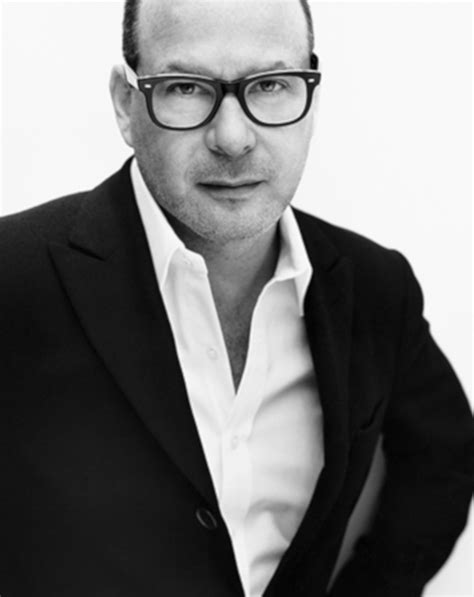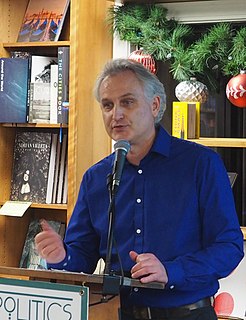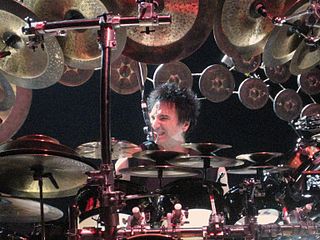A Quote by Anne Carson
There is something about the way that Greek poets, say Aeschylus, use metaphor that really attracts me. I don't think I can imitate it, but there's a density to it that I think I'm always trying to push towards in English.
Related Quotes
I think it's so important that you understand what you're trying to accomplish, what you're trying to say. Timelessness is never a thing I think about. If you try to make things timeless, you can end up with things that are neither exciting nor timeless. It's sort of like aiming for the middle in a way. At the same time, I never want to have to use the word trendy because it's not really what interests me. That's something that is gone tomorrow.
Yeah, obviously we use vampires as a metaphor for something else, something deeper than just the supernatural. But there's just something about the bloodsucking walking dead, that can say so much to people. There are really so many people trying to get control over you on a daily basis and steal your soul in some way, take a part of you.
We're living history all the time, in the papers, in the news, you think about stuff and it goes into your brain and you think about it and it comes out somehow. You have an idea; you've heard a phrase, or you're angry, or something disturbs you, or something seems paradoxical to you, you explore that idea, much like a writer would explore maybe an idea through metaphor. Maybe artists use their vehicle to explore ideas, so I think the things that interest me are the kind of idea of continuous change and how nothing stays the same and it's always disintegrating into something more.
Never use a metaphor, simile, or other figure of speech which you are used to seeing in print. Never use a long word where a short one will do. If it is possible to cut a word out always cut it out. Never use the passive voice where you can use the active. Never use a foreign phrase a scientific word or a jargon word if you can think of an everyday English equivalent. Break any of these rules sooner than say anything outright barbarous.
There's an economy in sports that I always think is a useful metaphor for acting. You have an objective. You're trying to win, and of course, you want to do well. You want to use good techniques so you enforce it, but also you don't do things you don't have to do. It's very economical, and I think that in acting the most economical way through a scene is always the best. It's active. There is the sense of the fight and you want to win.
I'm always like that about everything. When I try to do something, I always think, "What is the best way to do this?" Instead of taking what everyone else says and how it has been forever, it's faster for me to try myself. Of course I listen to what everybody says, and at first I'll try what people say, but I always come back to trying it my way.
There's a limit of any form of representation; it's the same about writing about visual art. I still think it's useful for people to think through things in a deeper way, and use adjectives even if they're not sufficient, you know? I always find it interesting what terms they use to refer to the work. It's always different, and that's kind of intriguing. Sometimes it's clichés, but often it's really creative ways of paraphrasing or reformatting what to mean seems something else. I like that, personally.
I really think kids should understand that music is like learning the alphabet. You put small letters together to make words, and then you use these words to create a story, but with music. And they really need to know how to mix and match those letters and how to come up with something that is really interesting, or speak in metaphors as poets do to show us something maybe we didn't think about.






































